National Battles and Family Battles
Early in 1862, Union troops began to take control of rivers and railroads in Tennessee and Mississippi. Grant and his troops defeated Confederate troops at Fort Henry on the Tennessee River. Then Grant’s troops defeated Confederate General Simon Bolivar Buckner at Fort Donelson on the Cumberland River.
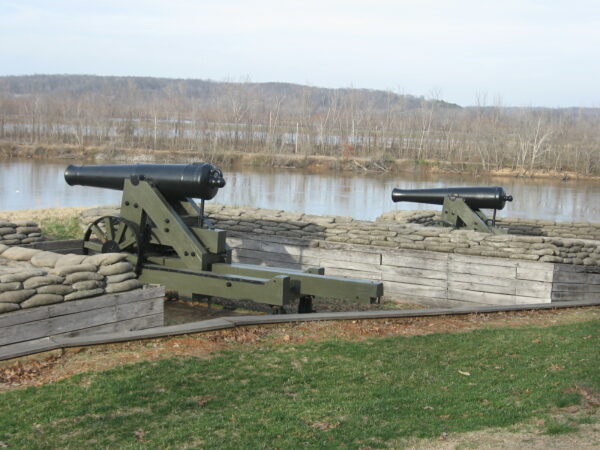
Grant and Buckner had been students together at West Point. The generals met at the Dover Hotel to work out the terms of surrender.
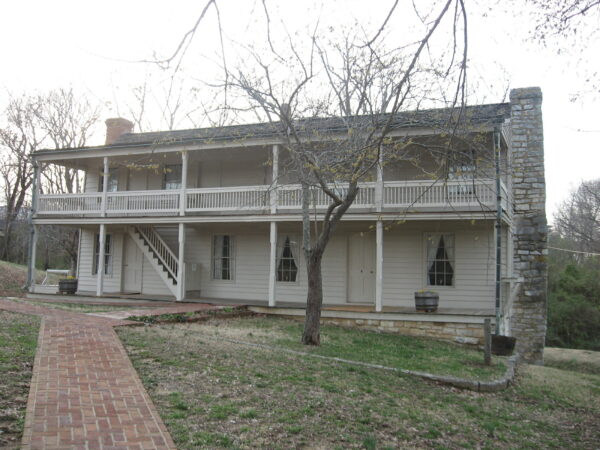
Grant and Bucker became friends again after the war. The Union took 13,000 Confederate prisoners at Fort Donelson.
In 2011 Ray and I visited Fort Donelson, a little over an hour downriver from where I grew up along the Cumberland River in Ashland City, Tennessee. The Fort Donelson photos in this post are from that outing.
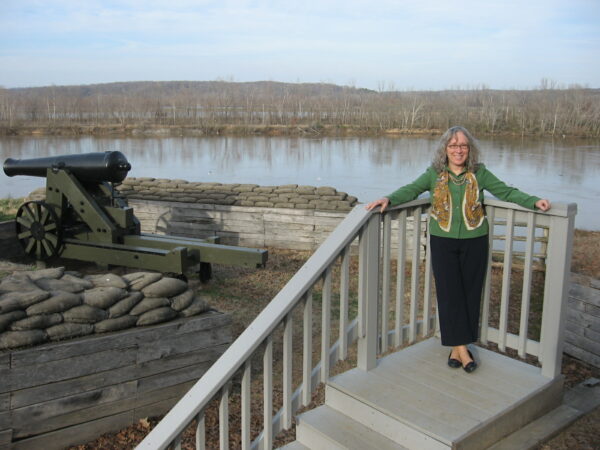
Visiting Fort Donelson had long been a dream of Ray’s because his great-great-grandfather was mortally injured in that battle. His great-great-grandfather died as he tried to return home to Maury County, Tennessee. The family never knew where he was buried.
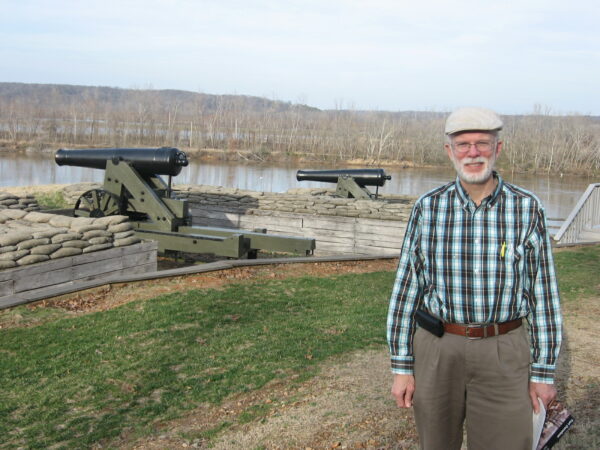
Like so many battlefields, Fort Donelson National Battlefield has a national cemetery.
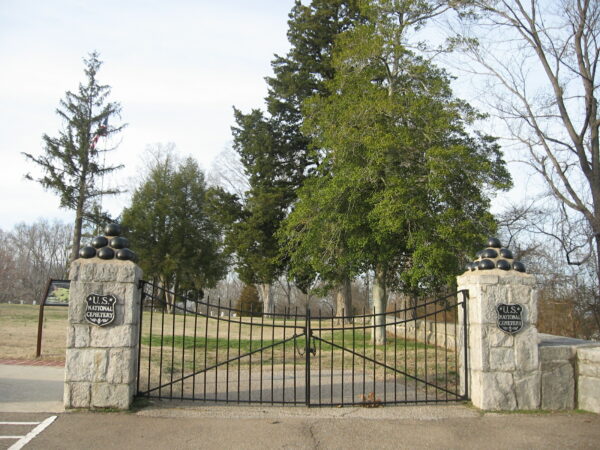
The cemetery has graves from several wars.
The Civil War
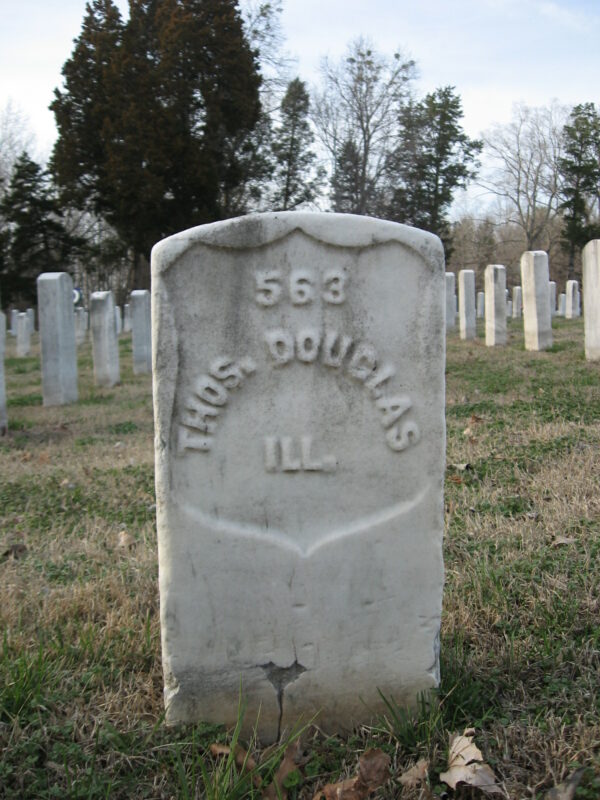
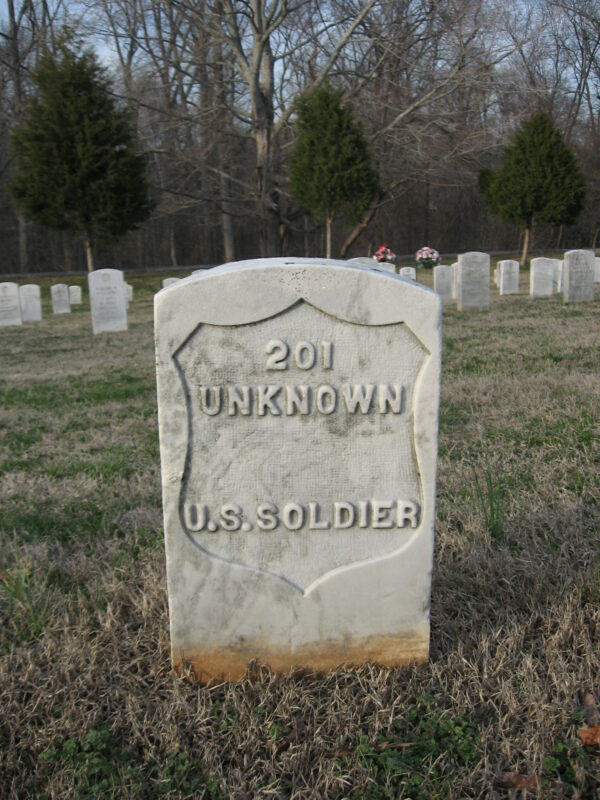
World War I
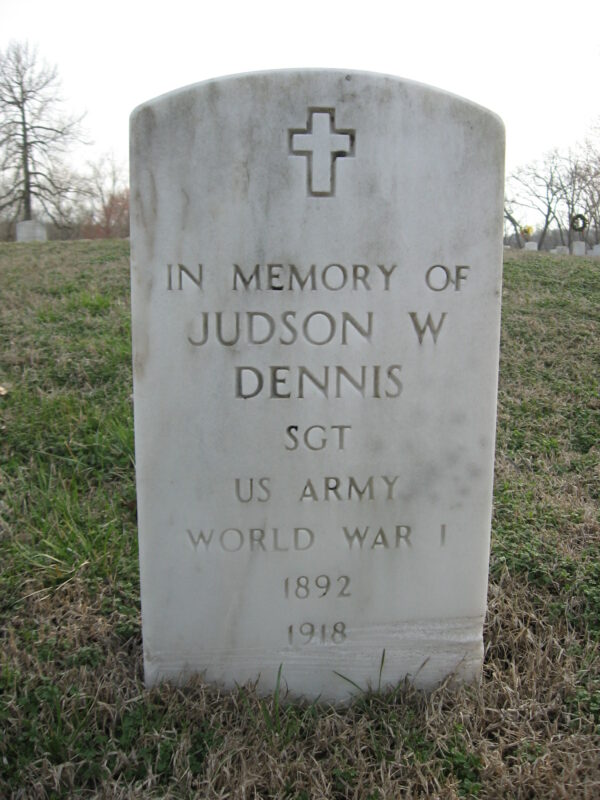
World War II
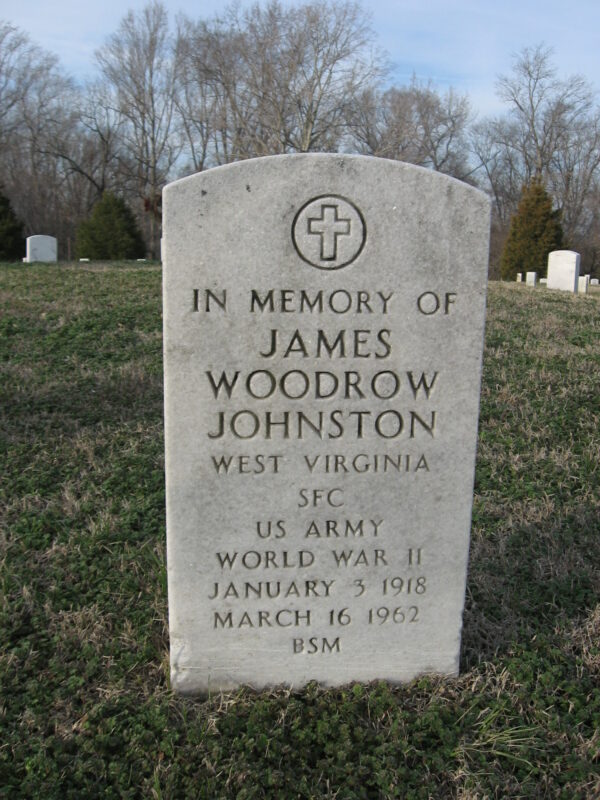
Korean War
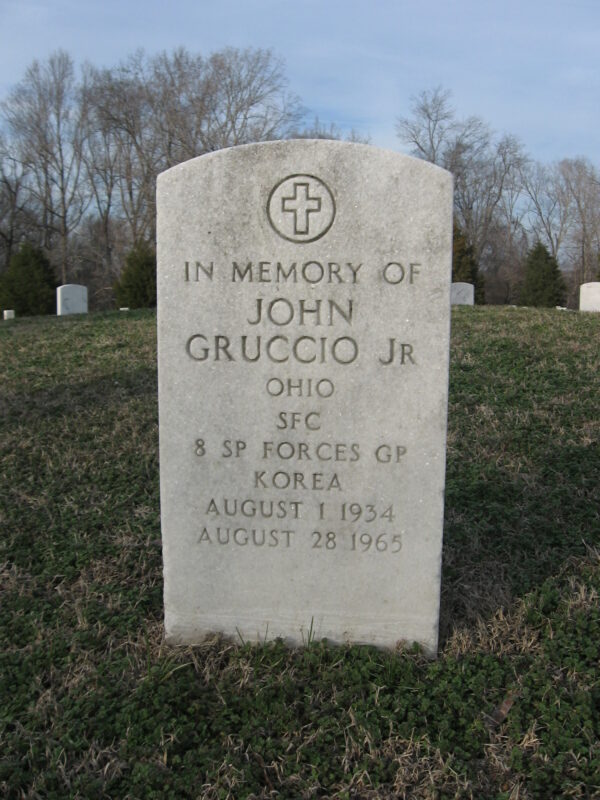
Vietnam War
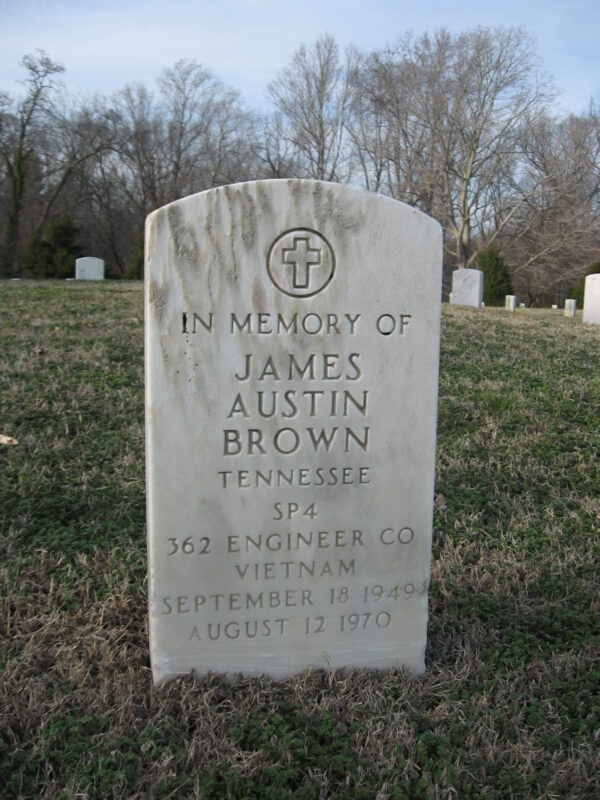
The veteran buried here served in World War II, Korea, and Vietnam.
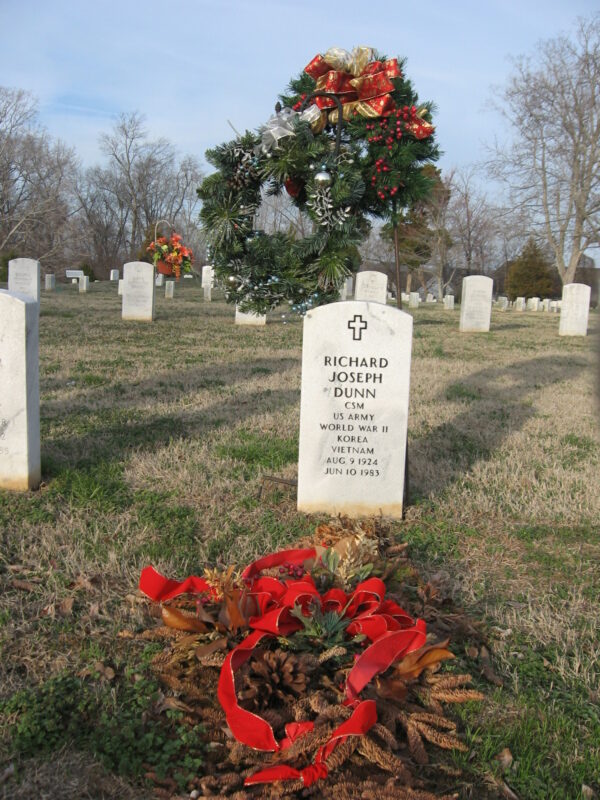
I was touched by how their children honored Dunn’s wife.
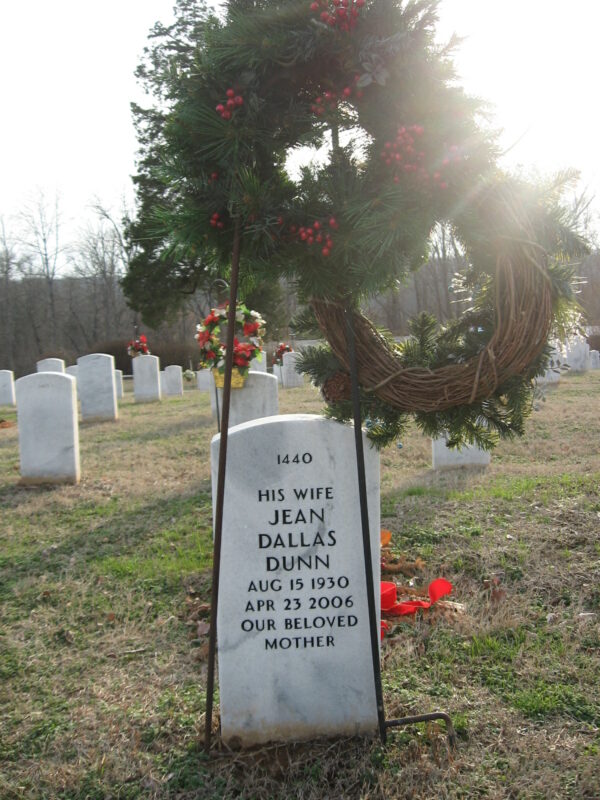
Soon after the battle at Fort Donelson, Union troops captured Nashville, Tennessee. The next Union goal was to take control of the railroad center at Corinth in northern Mississippi. Before Union soldiers reached Corinth, Union and Confederate soldiers fought in southwestern Tennessee in the Battle of Shiloh, as it was called by Confederate soldiers. Union soldiers called it the Battle of Pittsburg Landing. The Union Army defeated the Confederates. More Americans died in the two-day Battle of Shiloh than had died in all of America’s previous wars combined. The Union Army continued south and captured Corinth.
As I mentioned earlier this week, on January 3, Ray and I visited Shiloh National Military Park with our daughter Mary Evelyn and her family. The remaining photos today are from that trip. After visiting Shiloh, we traveled to Corinth, Mississippi, for supper and then on to Oxford, Mississippi. I hope to tell you about our visit to Oxford next week.
Union troops arrived by ship and disembarked at Pittsburg Landing along the beautiful Tennessee River. The entire park is a pretty country setting.
The visitor center is grand.
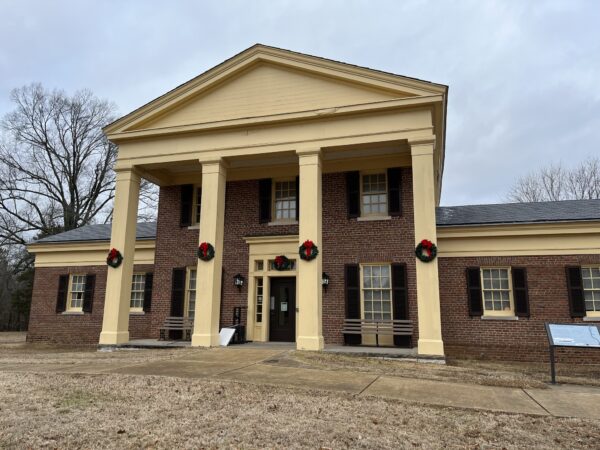
Like other Civil War battlefields we have visited, Shiloh has numerous monuments to the veterans of individual states, including those on the winning side . . .
Iowa
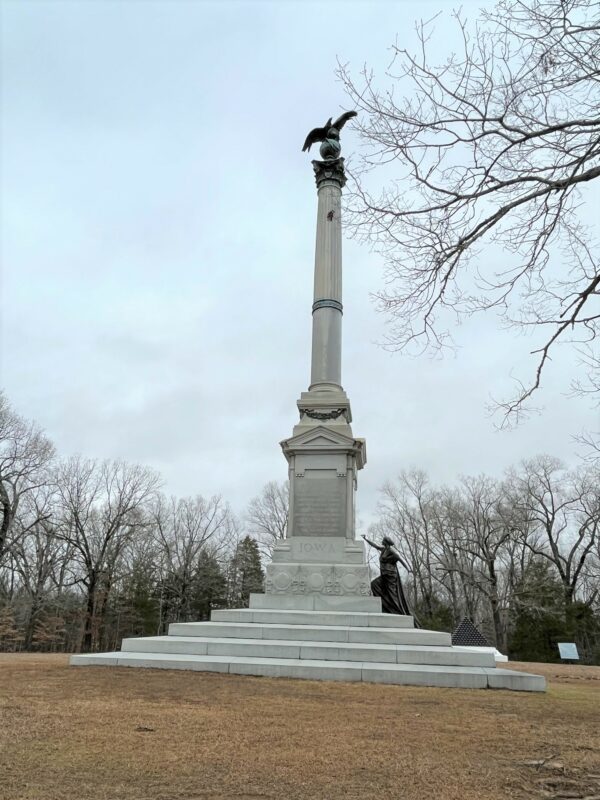
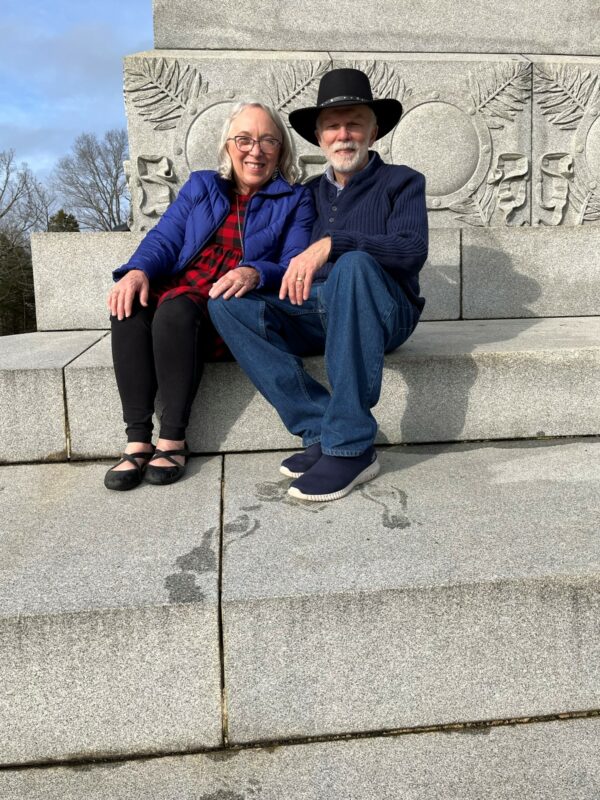
Indiana
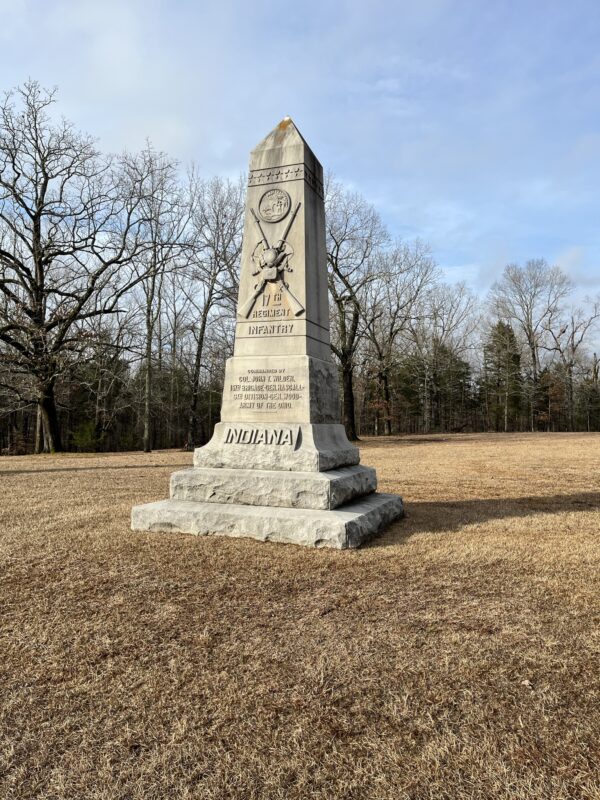
Michigan
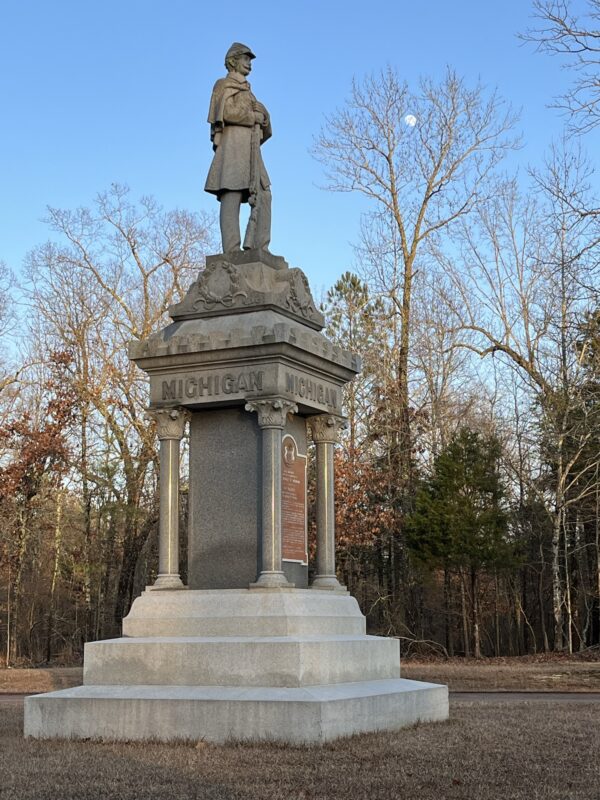
. . . and to soldiers on the losing side. This is a detail of a memorial for defeated Confederate soldiers.
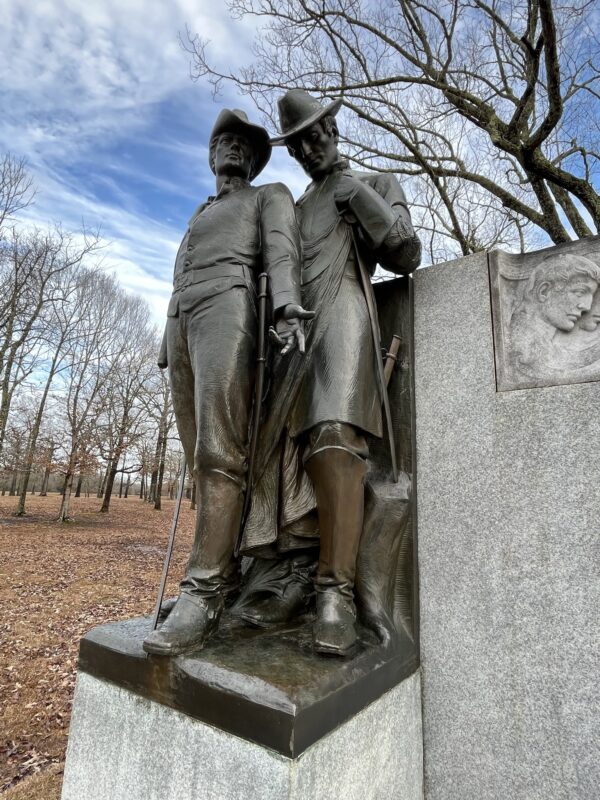
We could smile in the beautiful sunshine beside evidences of war.
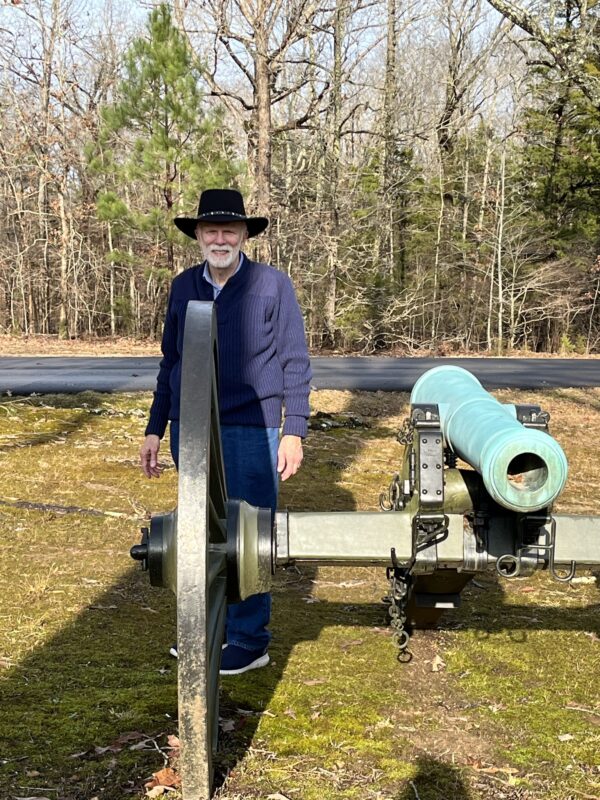
However, the reality could not escape us that this was a battlefield.
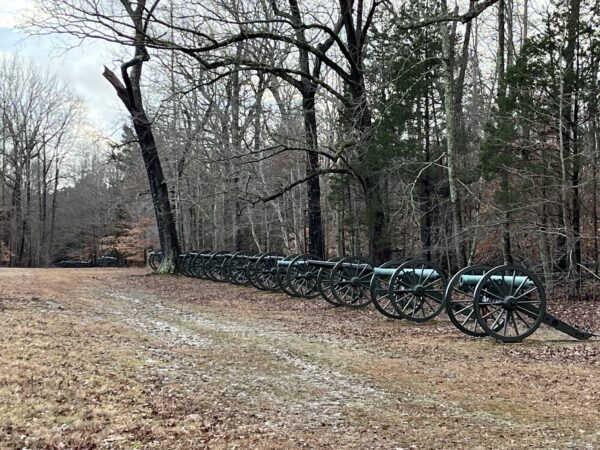
Many soldiers were wounded here and many died.
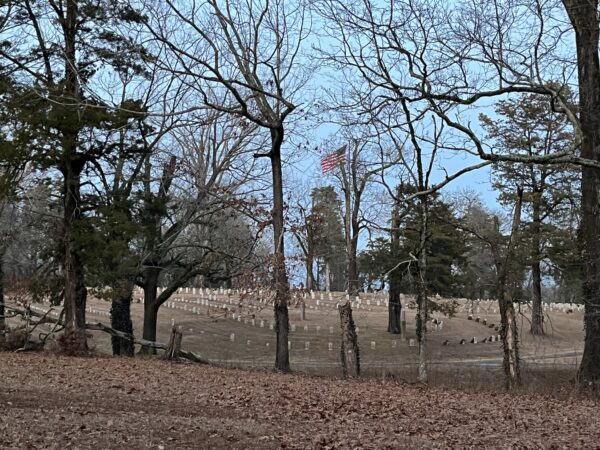
Across Five Aprils is one of the books we recommend that students read while they are studying America the Beautiful. This work of fiction is about a family from southern Illinois that is torn apart by the Civil War. The main character is 11 years old when the book begins. Across the five Aprils of the Civil War, he watches his family divide over opposing views. His father becomes emotionally and physically devastated.
Our country’s divisions were heartbreaking. Family divisions are heartbreaking—heartbreaking to people, heartbreaking to God. It is easy to see our own point of view and hard to see another person’s point of view.
There are six things that the Lord hates,
Seven that are an abomination to Him:
Haughty eyes, a lying tongue,
And hands that shed innocent blood,
A heart that devises wicked plans,
Feet that run rapidly to evil,
A false witness who declares lies,
And one who spreads strife among brothers.
Proverbs 6:16-22
It is easy to feel sorry for ourselves in our own struggles and hard to see clearly what others are going through.
Finally, brethren, rejoice, be made complete,
be comforted, be like-minded, live in peace;
and the God of love and peace will be with you.
2 Corinthians 13:11
It is easy to point the finger at others and hard to point it at ourselves. It is easy to see the glaring sins of others and hard to look at ourselves honestly to see our own. As Jesus said:
Why do you look at the speck that is in your brother’s eye,
but do not notice the log that is in your own eye?
Or how can you say to your brother,
‘Brother, let me take out the speck that is in your eye,’
when you yourself do not see the log that is in your own eye?
You hypocrite, first take the log out of your own eye,
and then you will see clearly to take out the speck that is in your brother’s eye.
Luke 6:41-42

